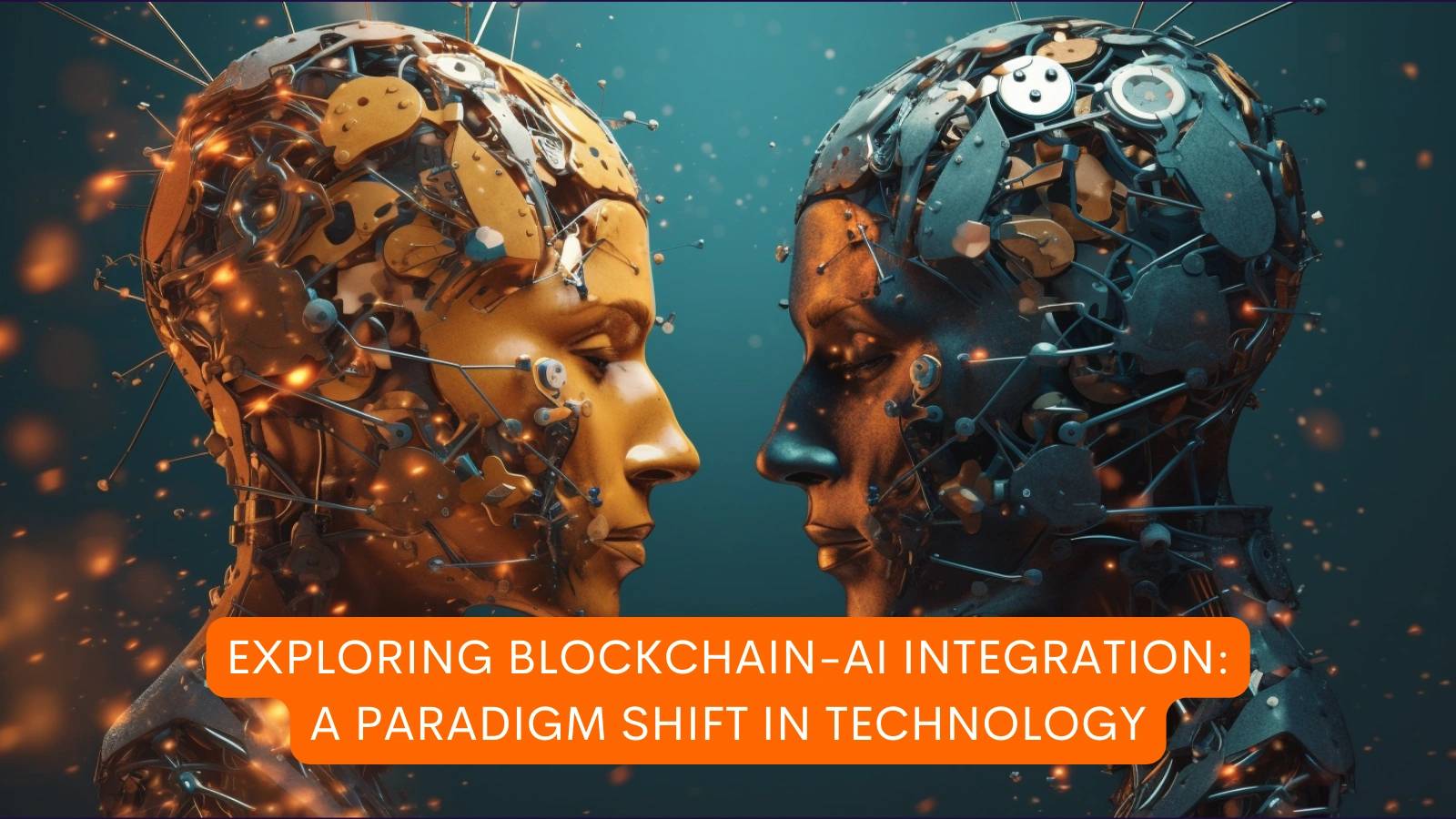Subscribe to wiki
Share wiki
Bookmark
DeFAI-T
DeFAI-T
DeFAI, short for Decentralized Finance AI, represents the convergence of artificial intelligence and blockchain technology in the decentralized finance sector. This innovative approach aims to enhance trading strategies, risk management, and yield optimization in the crypto space by leveraging AI capabilities.[1]
Overview
DeFAI combines the principles of decentralized finance (DeFi) with advanced artificial intelligence algorithms to create more efficient, secure, and user-friendly financial systems on blockchain networks. By integrating AI into DeFi protocols, DeFAI platforms aim to address common challenges in the crypto space, such as complex portfolio management, risk assessment, and market analysis.[2]
The core concept behind DeFAI is to leverage machine learning and data analytics to enhance decision-making processes in decentralized financial applications. This integration allows for more sophisticated trading strategies, automated portfolio management, and improved risk assessment, potentially leading to better returns for users and increased efficiency in the DeFi ecosystem.[3]
Key Features
DeFAI platforms typically offer a range of features that set them apart from traditional DeFi applications:
- Multi-Chain Portfolio Aggregation: DeFAI tools often provide a unified dashboard that aggregates assets across multiple blockchain networks, simplifying portfolio management for users.[3]2. AI-Driven Recommendations: By analyzing on-chain and off-chain data, DeFAI platforms can offer personalized investment suggestions tailored to individual risk profiles and financial goals.[3]3. Autonomous Investing: Some DeFAI platforms are developing capabilities for AI agents to execute trading strategies automatically based on user preferences and market conditions.[3]4. Comprehensive Launchpad Intelligence: DeFAI tools often provide in-depth analysis of new projects and Initial DEX Offerings (IDOs) across multiple launchpads, helping users identify promising investment opportunities.[3]5. Customized News and Smart Alerts: Many DeFAI platforms offer personalized news feeds and real-time notifications to keep users informed about market trends and events relevant to their portfolios.[3]
Use Cases
DeFAI applications are being developed and implemented across various areas of the DeFi ecosystem:
- Automated Trading: AI algorithms analyze market patterns and execute trades based on predefined strategies or user preferences.[2]2. Risk Management: AI-powered systems identify and mitigate potential risks in DeFi protocols and investment strategies.[2]3. Yield Optimization: DeFAI platforms use AI to maximize returns across various DeFi protocols by automatically allocating assets to the most profitable opportunities.[2]4. Fraud Prevention: Advanced AI detection systems are employed to protect user assets and identify potential security threats in DeFi applications.[2]5. Market Analysis: AI-driven tools provide in-depth market insights and predictions to help users make informed investment decisions.[3]
Notable DeFAI Projects
Several projects are at the forefront of the DeFAI movement, each offering unique features and capabilities:
- Griffain: This platform focuses on AI-powered yield optimization, offering machine learning-driven portfolio management and real-time blockchain data analysis.[2]2. Orbit: As a leader in cross-chain intelligence, Orbit integrates with over 200 blockchain protocols and provides AI-enhanced market analysis and smart cross-chain liquidity management.[2]3. Neur: This Solana-based DeFAI pioneer offers Solana-specific AI strategies, open-source development tools, and high-performance trading capabilities.[2]
Impact on the DeFi Landscape
The integration of AI into DeFi has the potential to significantly impact the broader cryptocurrency ecosystem:
- Improved Accessibility: By simplifying complex DeFi processes, DeFAI platforms may help drive mass adoption of decentralized finance.[3]2. Enhanced Efficiency: AI-driven automation and optimization can lead to more efficient use of capital and improved returns for DeFi users.[2]3. Risk Mitigation: Advanced AI algorithms may help identify and mitigate potential risks in DeFi protocols, potentially leading to a more stable and secure ecosystem.[2]4. Market Intelligence: The integration of AI-powered analytics tools may provide users with more accurate and timely market insights, potentially leading to better-informed investment decisions.[3]
Challenges and Considerations
While DeFAI presents numerous opportunities, it also faces several challenges:
- Data Privacy: The use of AI in financial applications raises concerns about data privacy and the potential misuse of sensitive information.
- Regulatory Compliance: As DeFAI platforms become more sophisticated, they may face increased scrutiny from regulatory bodies, particularly regarding automated trading and investment recommendations.
- Algorithmic Bias: AI systems may inadvertently perpetuate or amplify biases present in their training data, potentially leading to unfair or discriminatory outcomes in financial applications.
- Complexity: The integration of AI into DeFi protocols adds another layer of complexity, which may make it more challenging for users to understand and trust these systems.
As the DeFAI ecosystem continues to evolve, addressing these challenges will be crucial for widespread adoption and long-term success in the decentralized finance space.
See something wrong?
